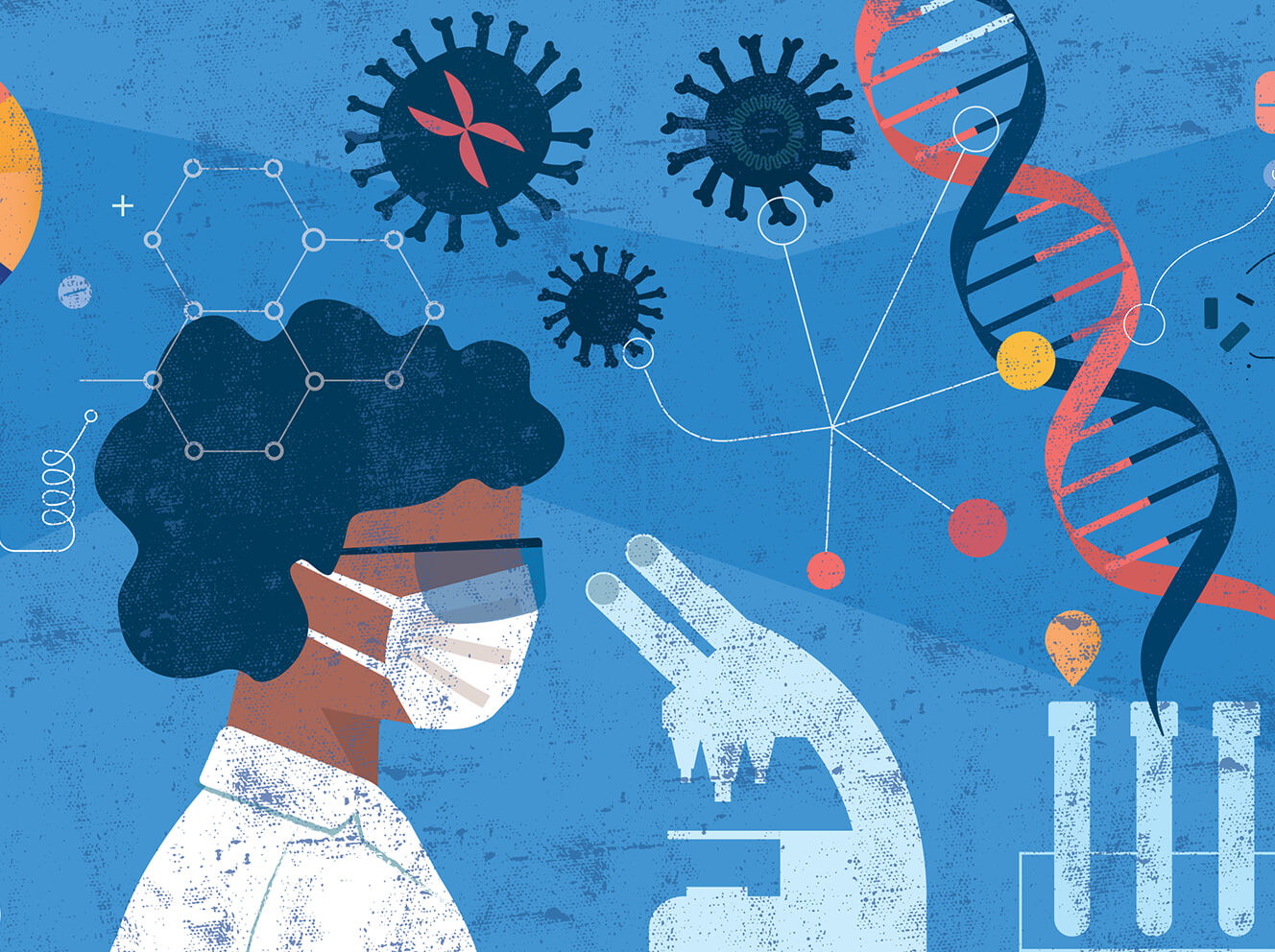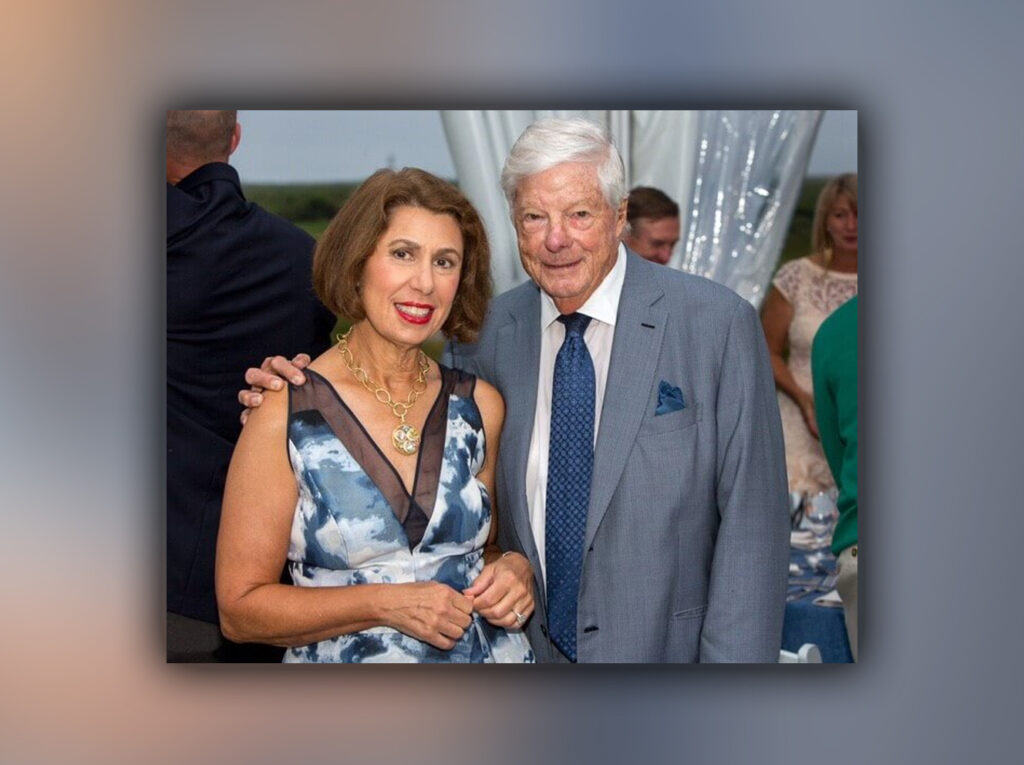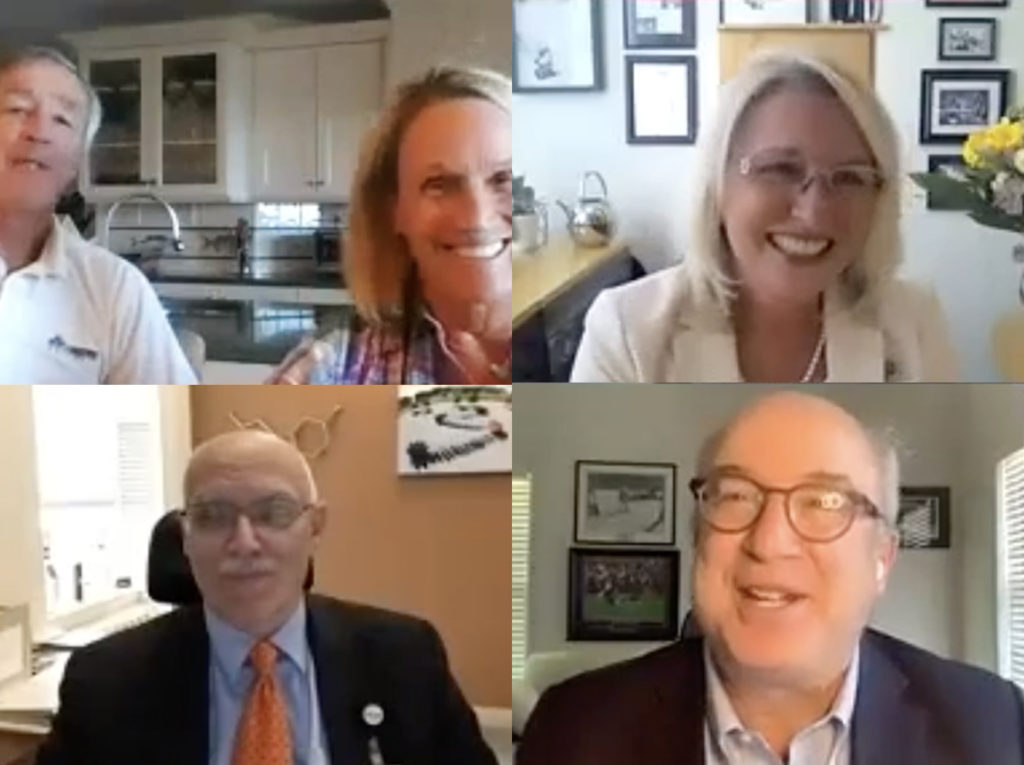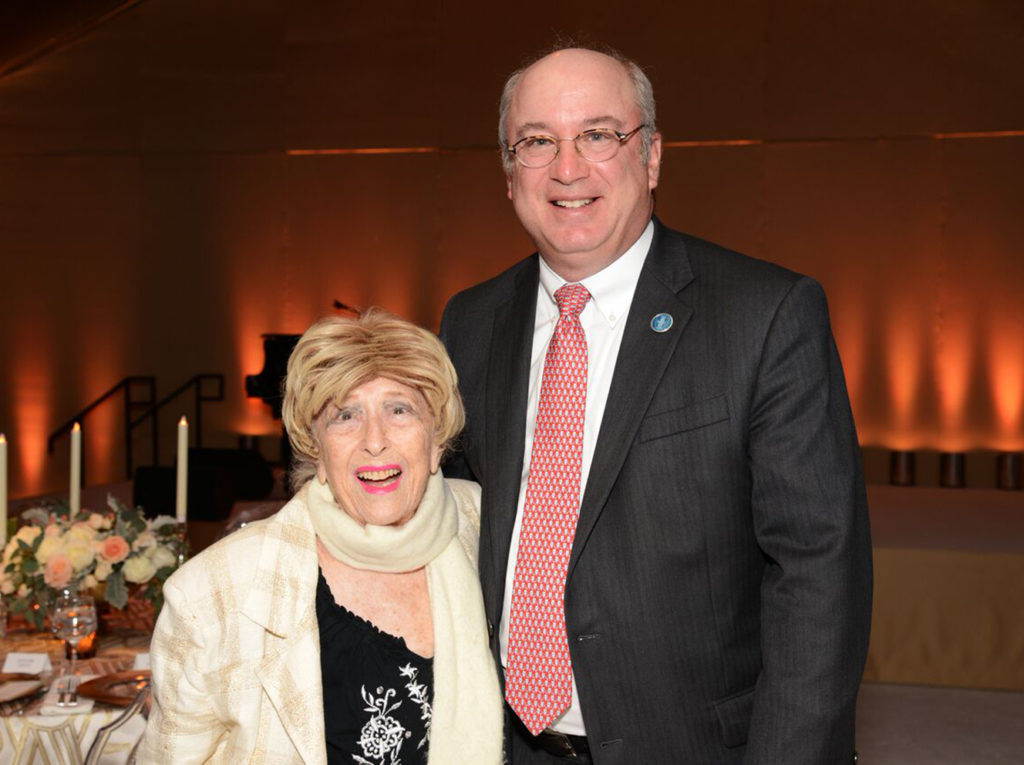Patients around the world are in search of new treatments that will enable them to overcome debilitating diseases and live longer, healthier lives. However, translating a lab discovery into a new patient-ready therapy is an arduous process, usually taking a decade or more. But some researchers at Massachusetts General Hospital are pursuing a different approach — one that has potential to shorten the drug development timeline, decrease treatment costs and improve outcomes for patients with a wide range of conditions.
Drug repurposing, or repositioning, is the strategy of finding new therapeutic applications for existing approved medications that have decades-long safety data. Today, there are more than 19,000 drugs approved for patient use by the U.S. Food & Drug Administration (FDA). By focusing their efforts on finding new uses for drugs with proven safety records, scientists at Mass General and elsewhere are able to quickly advance new applications to clinical trial and, eventually, to patients — all with a low risk of side effects. We sat down with three physician-scientists at Mass General who are focusing on making the old new again in three major disease areas.
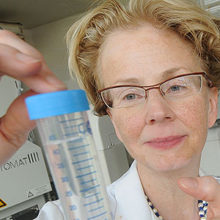
Denise Faustman, MD, PhD: Type 1 Diabetes
Denise Faustman, MD, PhD, director of the Mass General Immunobiology Laboratory, has dedicated her career to finding a cure for Type 1 diabetes (T1D). And, based on her research, she now believes one of the most common vaccines in the world may hold the key.
Bacillus Calmette Guerin, or BCG, is a vaccine for tuberculosis (TB). The BCG vaccine is a benign microorganism related to TB but without the serious disease consequences. Although not a common immunization in the United States, BCG is administered to more than 80% of infants and children in other parts of the world to protect from TB. But thanks to a beneficial interaction between the human host and the microorganism, the vaccine may also lower blood sugar levels in people with T1D.
“We co-evolved with TB,” Dr. Faustman says. “And one of the things that ancient microorganisms like TB have learned over time is how to co-opt our immune system.” They do that, she says, by inducing what are known as suppressor cells that quiet the immune system. They also convert their host’s metabolism to process primarily using sugar. “In a sense, they reset our immune system and metabolism at the same time.”
Dr. Faustman’s T1D journey began when, as a grad student, she developed a technology to isolate islets — the insulin-producing cells in the pancreas. Mass General recruited her to start an islet-transplant program for T1D patients. But, within a few years, she realized the approach was bound to fail.
“It wasn’t that the body lacked islets — it was that you needed a way to stop the patient’s white blood cells from killing them,” she says. She needed a way to tackle the problem of “bad” T cells, while also encouraging the proliferation of T suppressor cells — which help quiet the immune system. But developing a new drug to do that proved cost prohibitive. “It wasn’t affordable for us to develop a new drug, let alone for patients, so we started looking for a generic drug that could correct the immune system.”
She found the answer in BCG. In 2012, Dr. Faustman and her team published the results of a 22-week phase 1 clinical study that showed BCG prompted higher levels of insulin production than in placebo-treated subjects. A long-term follow-up published in 2018 reinforced the finding, showing that adult patients with diabetes treated with the BCG vaccine experienced significant reductions in blood sugar levels. The therapy is now in a phase 2 trial, with results expected in 2023. Dr. Faustman has also launched an additional trial in adolescents with juvenile onset diabetes.
Because the vaccine helps reset the immune system, the potential benefit can last decades. “This wouldn’t be a pill you take every day,” Dr. Faustman says. She suggests there is even some evidence the approach can work as a preventative measure, based on low incidence of T1D in countries where multiple doses of the BCG vaccine are regularly given.
The only downside to Dr. Faustman’s generic approach? The cost of clinical trials. Although the drug is affordable to produce and could deliver a lasting impact for patients, clinical testing remains expensive. “It’s not an easy journey to develop a generic drug,” she says. “Industry isn’t knocking at your door. But we’ve been so fortunate to have the support of the T1D community — families hosting bake sales and bike rides — and that’s how we’ve come this far. With their help, I believe we can deliver an affordable, durable solution to this devastating disease.”
To find out how you can support Dr. Faustman’s groundbreaking research, contact us. If you’re interested in participating in a clinical trial, click here.

Mark Albers, MD, PhD: Alzheimer’s Disease
A team of researchers from Mass General and Harvard is using an artificial intelligence–based method to screen available medications as possible treatments for Alzheimer’s disease. The method, known as DRIAD (Drug Repurposing in Alzheimer’s Disease), relies on machine learning — a branch of artificial intelligence in which systems are “trained” on vast amounts of data, “learn” to identify telltale patterns and augment researchers’ and clinicians’ decision-making.
Using DRIAD, the team screened 80 FDA-approved and clinically tested drugs for a wide range of conditions. Results of the analysis yielded a ranked list of candidates, with several anti-inflammatory drugs used to treat rheumatoid arthritis and blood cancers emerging as top contenders for further investigation, and one drug that has now been moved into a clinical trial launched at Mass General this September.
“We are excited to share these results with the academic and pharmaceutical research communities,” says Mark Albers, MD, PhD, the Frank Wilkins Jr. and Family Endowed Scholar and associate director of Mass General’s Center for Alzheimer Therapeutic Science. “Our hope is that further validation by other researchers will refine the prioritization of these drugs for clinical investigation.”
To find out how you can support Dr. Alber’s groundbreaking research, contact us.
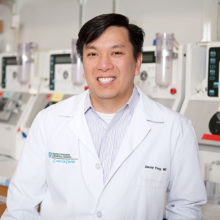
David T. Ting, MD: Colorectal Cancer
A team led by Mass General Cancer Center’s David T. Ting, MD, has been exploring a common HIV therapy as a treatment for patients with advanced colorectal cancer. In a recent trial, 32 patients with treatment-resistant metastatic colon cancer received lamivudine, an anti-retroviral drug used to treat HIV and hepatitis B. The research team observed that 9 of the 32 patients, or 28%, had no disease progression at the end of the trial.
While the team did not see tumor shrinkage, the results are encouraging — and could point to a promising new direction in cancer treatment. The study built on more than a decade of research by Dr. Ting and his colleagues.
“We did the trial to see if we could learn something new about the biology of cancer cells and in the process found this unexpected, very encouraging result,” Dr. Ting says. “Disease stability in a cancer patient population this advanced, with just one single agent, is highly unusual, and we are hoping we can soon initiate additional studies with more potent agents.”
To find out how you can support Dr. Ting’s groundbreaking research, contact us.
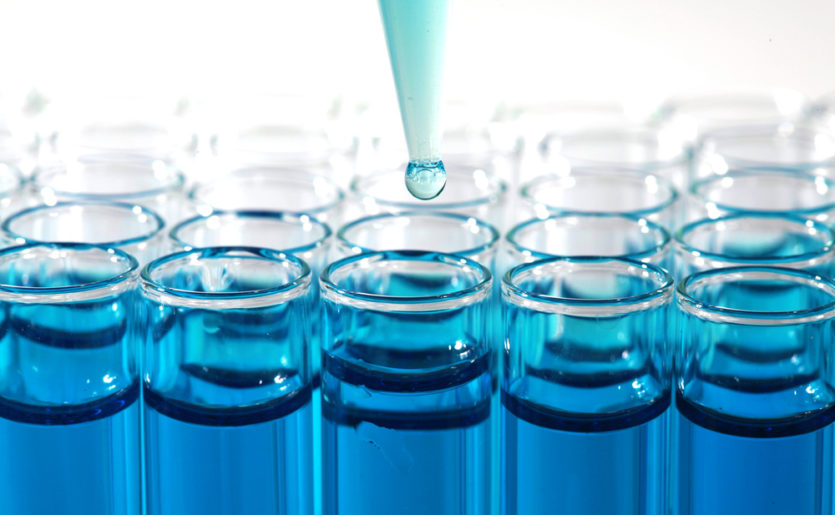
This story is just one example of the groundbreaking efforts taking place at Mass General, home to the largest hospital-based research enterprise in the U.S. Research Institute encompasses and provides support to thousands of scientists, hundreds of laboratories, and helps to guide, connect and promote this unrivaled community of investigators as they advance the future of medicine, from the bench to the bedside, to the community and world.
